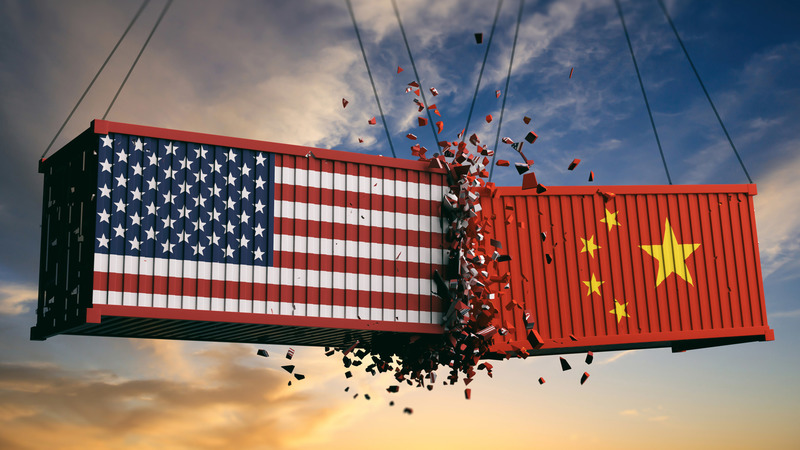
In the battle of superpowers, SA will always be vulnerable
Date 2023/5/21 12:07:41 | Topic: South Africa
| 
For all the prodding South Africa to take a position on Europe’s first war in almost 80 years, it’s an impossible decision for a country whose economy is so intrinsically tied to both the Western and Eastern blocs of nations.
Along historical, political, economic and geographic lines, the country can’t afford to make an enemy of either bloc, resuscitating memories of Cold War divisions. Non-alignment is both a political strategy and an economic necessity, analysts say.
Last week, diplomatic ties between South Africa and the US hit a crisis after ambassador Reuben Brigety accused the government of supplying arms to Russia, aiding Moscow’s assault on Ukraine. It resulted in the rand tanking past R19 (R19.36) for the first time since April 2020.
Although Russia has faced backlash in the form of economic sanctions for its invasion of Ukraine, the government has refused to break ties with it, while also being at pains to stress that it is non-aligned.
South Africa and Russia have an economic alliance through Brics, partnered with Brazil, India and China — which is far and away the most powerful economic force in the alliance and the natural leader in the quest for a new economic order.
This puts South Africa in the firing line in the economic war between China and the US.
Bureau for Economic Research chief economist Hugo Pienaar said China and the US are both important to South Africa’s economic future and the country cannot pick a side.
“If you look at the value of our imports, China is more important and bigger than the US. But that does not mean we can just antagonise the US. China may be the bigger trading partner but the US is where most of our investment comes from. The US is a more important value investor than China,” he said.
Exports to China made up 10% of South Africa’s total while exports to the US accounted for 9.4% last year. South Africa’s imports from China accounted for 20% of total imports while those from the US were 7.5%.
“We need to play our cards right to the US and to China. It will be difficult, over time, with the contestation between the US and China. But the South African government’s stance of non-alignment actually needs to be non-alignment. You can’t say you’re non-aligned while your actions suggest that you actually are taking sides,” he said.
He also noted China’s growth has not been very aggressive in recent years and this could affect South Africa’s economy, should it decide to align with the Eastern power.
The International Monetary Fund (IMF) projected that China’s economy would rebound by 5.2% this year. But this is expected to moderate in the medium term, falling to 4.5% next year and 4.1% in 2025.
“China was a massive growth engine for the world and for a country like South Africa. It will not grow the same over the next five decades and that is reason enough for South Africa to not put all its eggs in the China basket and neglect our more traditional trading partners, like the US,” Pienaar said.
“If we align ourselves away from the Western world that could be very detrimental for our economy”.
According to economist and strategist Michael Power, South Africa has already hitched its economic fate to China to some extent.
“The reality is China is unquestionably our number one trade partner. It is not bigger than Europe and the US put together, for instance, but it has grown from being pretty much nothing in 2000 to being our number one partner.”
That said, South Africa cannot afford to cut off the US as it is still an important trade partner. But, in the next 10 years, Power said, China and the rest of Asia will naturally become even more economically significant to South Africa than it is now.
According to data from the IMF, the economies of Asia and the Pacific are expected to contribute about 70% of global growth this year, of which half is going to come out of China.
“That is not to say other parts of the world aren’t growing but it’s pretty lacklustre. The US, Europe and Japan will have pretty lacklustre growth,” Power said. “So the action is now coming out of Asia — and not just China.”
Power said it is dawning on the Americans there is a chance that, by 2030, China will be a larger economy than the US. “And losing that crown is not something that is going to be easy for the Americans to swallow.”
Commenting on the diplomatic spat, Power noted that in the past decade or so, a loose definition of being non-aligned has begun to creep into the international lexicon.
“The Americans don’t understand this, because they still view the world through the ‘either you are with us or against us’ prism. But if you ask the vast majority of countries in the world, they will say they are neither with or against the United States.
“And I think that is really the category South Africa would like to fit into … Whether it is going to be allowed to do it is a different question.”
|
|